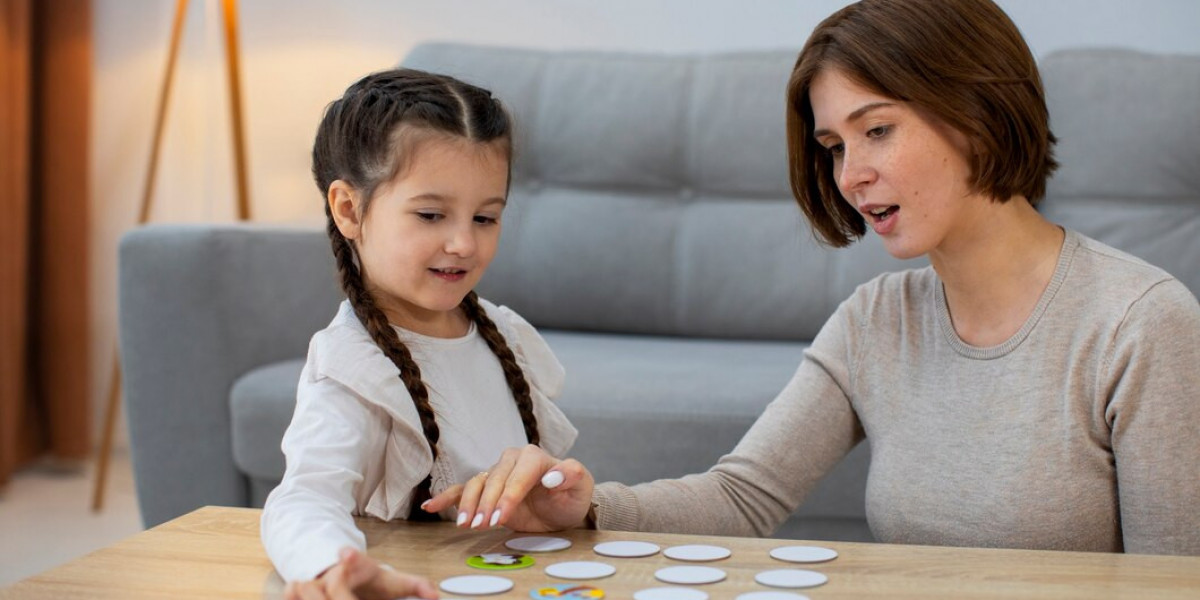Introduction
Autism treatment can be a complex and challenging process, requiring a combination of therapies and interventions tailored to the unique needs of each individual. Among the various approaches available, Applied Behavior Analysis (ABA) therapy is highly effective in improving communication, social skills, and behavior in individuals with autism. However, the success of autism therapy outcomes is not solely dependent on the therapy sessions themselves - the involvement and support of families play a crucial role in the overall success of the treatment. In this article, we will explore the important role that families play in the success of autism therapy outcomes and how their support can make a significant difference in the progress and development of individuals with autism.
Autism Treatment: A Collaborative Approach
Successful autism therapy outcomes are often achieved through a collaborative approach that involves not only the therapist and the individual with autism but also their family members. Families are essential partners in the therapy process, as they provide a supportive and nurturing environment outside of therapy sessions where the individual can continue to practice and generalize the skills learned during therapy.
The Importance of Family Involvement
When families actively participate in their child's therapy, they can reinforce the skills and strategies taught by the therapist, making them more likely to be integrated into the individual's daily routine. Additionally, family members can provide valuable insights and information about the individual's behavior and needs, helping the therapist to tailor the therapy plan to better meet the individual's specific requirements.
ABA Therapies: The Role of Families
ABA therapies, in particular, rely heavily on the involvement of families in order to be successful. ABA therapy often involves teaching new skills and behaviors to individuals with autism through structured, repetitive practice and positive reinforcement. This type of therapy is most effective when the individual can practice and generalize these skills in a variety of settings, including the home environment.
Supporting Generalization of Skills
Families play a critical role in supporting the generalization of skills learned during therapy by providing opportunities for the individual to practice these skills in different contexts. For example, if a child is learning to communicate using sign language during therapy sessions, their family can encourage and reinforce the use of sign language at home and in other settings. This continuous practice and reinforcement help to solidify the skills learned in therapy and increase the likelihood of long-term success.
The Impact of Family Support on Therapy Outcomes
Research has shown that family involvement and support can have a significant impact on the outcomes of autism therapy. When families are actively engaged in their child's therapy and provide consistent support and reinforcement, individuals with autism are more likely to make progress and achieve their treatment goals. Additionally, the emotional support and encouragement provided by families can help individuals with autism feel more confident and motivated to participate in therapy and work towards improving their skills and abilities.
Conclusion
In conclusion, the role that families play in the success of autism therapy outcomes cannot be overstated. Their support, involvement, and commitment to the therapy process are essential for achieving positive results and helping individuals with autism reach their full potential. By working together with therapists and actively participating in the therapy process, families can make a significant difference in the lives of individuals with autism and help them thrive and succeed.







